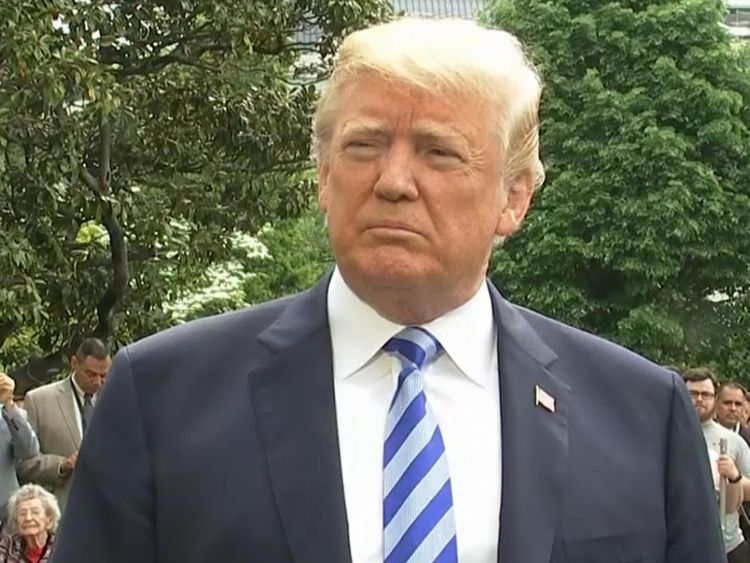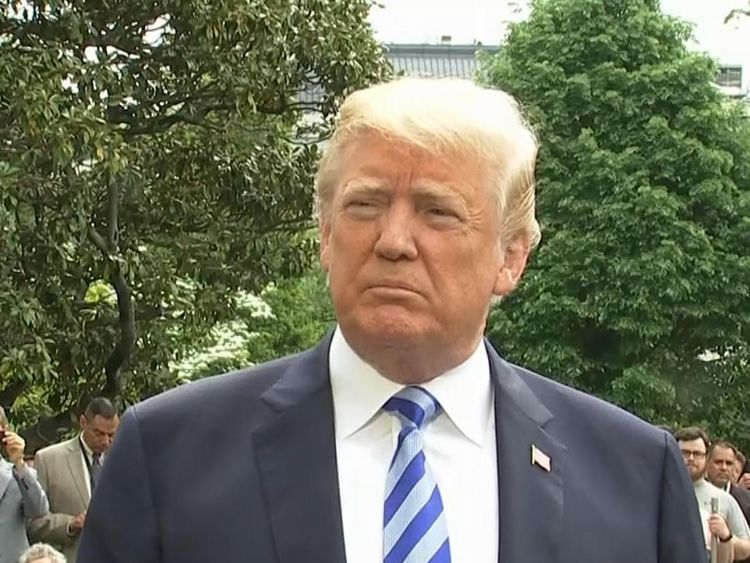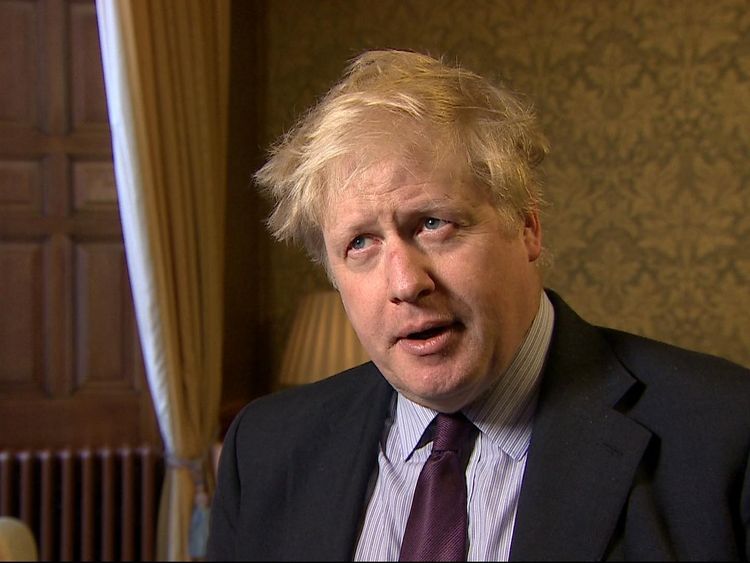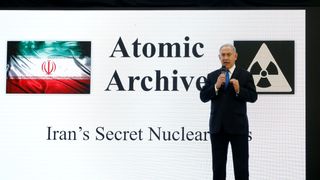Iran has warned the US it will suffer “historic remorse” if it pulls out of a nuclear agreement with Tehran.
Donald Trump has threatened to abandon the agreement when it comes up for renewal on 12 May and has demanded European allies “fix the flaws” or he will bring back sanctions against Iran.
But in a speech broadcast live on state television, Iranian President Hassan Rouhani warned Washington and world powers would regret such a move “like never before”.
He added: “We have plans to resist any decision by Trump on the nuclear accord.
“Orders have been issued to our atomic energy organisation and to the economic sector to confront America’s plots against our country.
“America is making a mistake if it leaves the nuclear accord.”
The UK, France and Germany remain committed to the nuclear accord but, in an effort to keep Washington in it, want to open talks on Iran’s ballistic missile programme, its role in Middle East crises such as Syria and Yemen, and its nuclear activities beyond 2025 – the year when key provisions of the deal expire.
The deal involved lifting sanctions against Iran in return for a commitment not to pursue a nuclear bomb.
Iran says it is not reaping the rewards despite complying with the deal.
The Islamic republic has always denied it sought to build a nuclear weapon, insisting its atomic programme was for civilian purposes.
Mr Rouhani said; “We will not negotiate with anyone about our weapons and defences, and we will make and store as many weapons, facilities and missiles as we need.”
Foreign Secretary Boris Johnson is heading to Washington for a two-day visit to persuade the US president not to scrap the deal.
Mr Johnson will meet Vice President Mike Pence, national security adviser John Bolton and congressional foreign policy leaders.
Mr Johnson has said the nuclear deal should remain intact because it allows “intrusive inspections”.
Explaining his support for the agreement, Mr Johnson said it was “not based on trust about Iran’s intentions; rather it is based on tough verification, including measures that allow inspectors from the IAEA (International Atomic Energy Agency) unprecedented access to Iran’s nuclear programme.”
Mr Johnson added: “The fact that Iran conducted sensitive research in secret until 2003 shows why we need the intrusive inspections allowed by the Iran nuclear deal today.
“The verification provisions in the Iran nuclear deal would make it harder for Iran to restart any such research.
“That is another good reason for keeping the deal while building on it in order to take account of the legitimate concerns of the US and our other allies.”
His comments came after Israel accused Tehran of covering up its weapons programme before signing the deal.
Tensions between Israel and Iran were ratcheted up on Sunday when Israeli Prime Minister Benjamin Netanyahu accused Iran of supplying advanced weapons to Syria that threaten Israel – and said it is better to confront Tehran sooner rather than later.
Mr Netanyahu told a cabinet meeting on Sunday: “We are determined to block Iran’s aggression against us even if this means a struggle. Better now than later.
“We do not want escalation but we are ready for any scenario.”
Israel has repeatedly warned it will not tolerate a permanent Iranian military presence in neighbouring Syria.
Iran is a key ally of Syrian President Bashar Assad, and has provided vital military aid to his forces.
From – SkyNews






